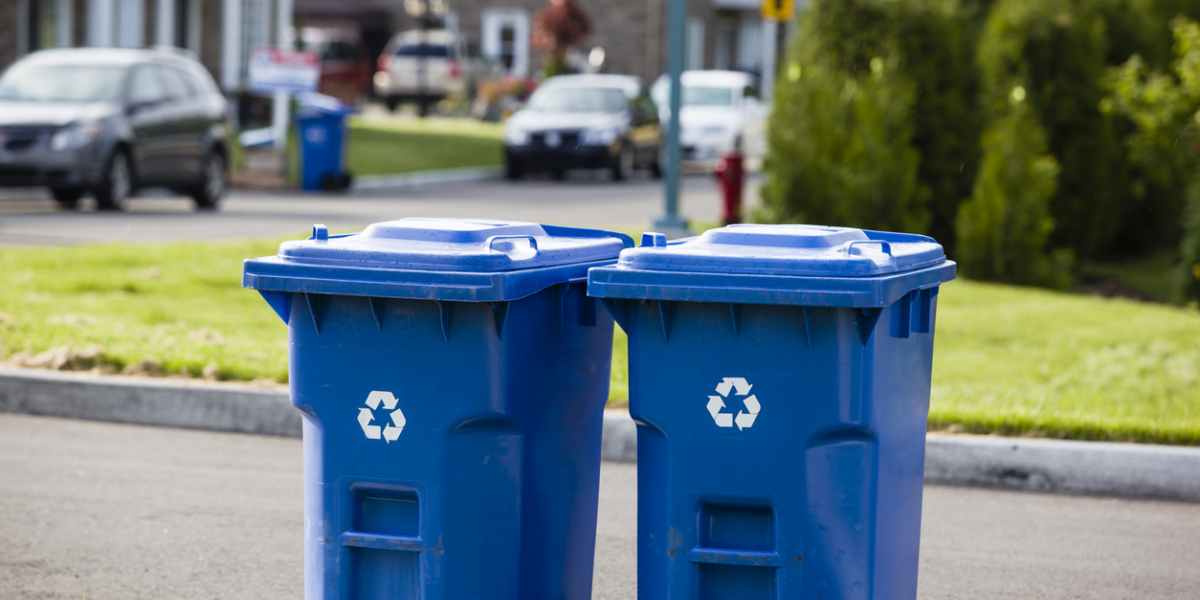
April 18, 2018
Reducing household waste in Canada has the potential to reduce direct and lifecycle greenhouse gas (GHG) emissions, and is an important step towards meeting our climate change commitments. While waste diversion (e.g. recycling and reuse programs) can save the energy and greenhouse gas (GHG) emissions associated with extracting and transporting raw materials, waste prevention strategies are more environmentally and economically effective.
Environmental pricing and economic incentives can be used to reward people that prevent waste, return/reuse items, and recycle. Currently these policy tools are under-utilized in Canada. Instead, market forces often incentivize waste, for example through low-cost non-durable items, low landfill disposal costs, high repair costs, and faraway recycling facilities.
Creating the right price signals is one of the key policy tools for encouraging producers and consumers to generate less waste. For example, variable waste collection pricing (based on volume or weight) rewards households that prevent waste or increase recycling, and helps shift production and consumption behaviour towards less wasteful practices. It also encourages people to develop innovative ways to avoid generating waste, including by repairing, sharing or reusing items. Many Canadian and international examples point to the effectiveness of variable waste collection pricing as a policy tool.
Charges or bans on single use items have been successful in Canada for plastic bags, and could be extended to other areas such as single-use plastic cups, polystyrene take-out containers, and plastic plates.
Economic incentives to reduce waste include deposit return schemes (such as for glass bottles), and financial rewards for recycling non-typical items such as batteries or electronic waste. These financial incentives can be championed and managed by producers or mandated by governments, and can be financed through small environmental fees on product sales.
Canada has significant scope to increase the use of these environmental pricing, and incentive based instruments. In some cases, this means simply expanding the reach and scope of existing programs, or promoting best-practice standardization across Canada. This will require coordination by all levels of government – to develop an integrated policy package that rewards less wasteful practices and that ultimately cuts associated GHG emissions.
Want to learn more? Stay tuned--next week, Smart Prosperity Institute will release a Policy Brief on “Economic Tools to Reduce Household Waste and Related Greenhouse Gas Emissions.”
Pay-as-you-throw fees and 4 more ways to reduce waste | CBC News